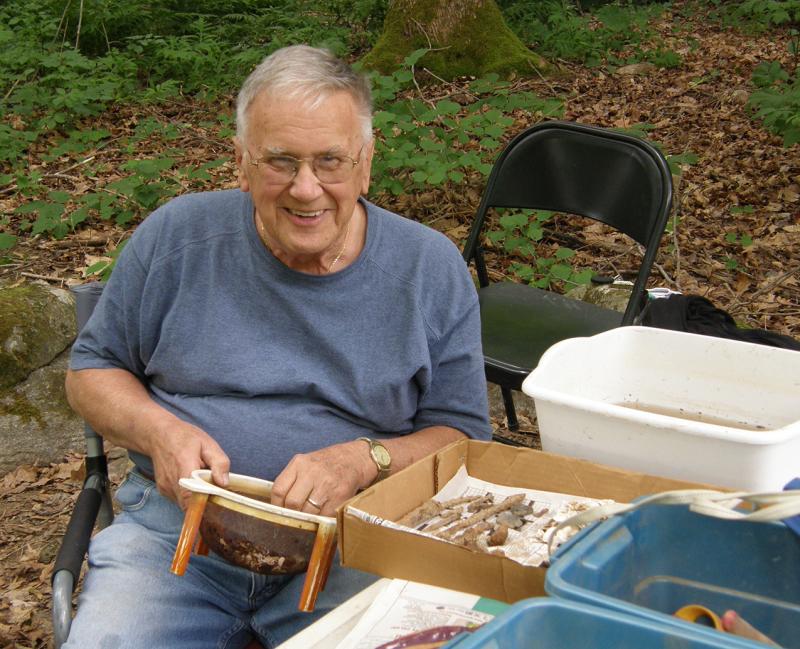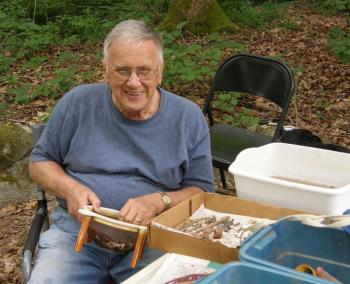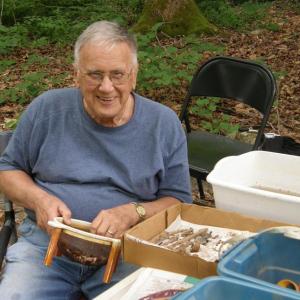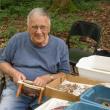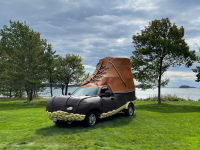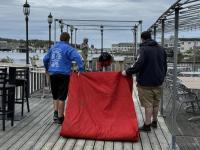Explore local history with DRA’s Archaeology Field School
For those wishing to indulge their inner archaeologist, registration is still open for the second and third sessions of Damariscotta River Association’s (DRA’s) 2018 Archaeology Field School. The opening session began on July 8.
Session II begins Sunday, July 15, and wraps up on Friday, July 20. Session III runs from July 22 through July 27. Each session starts with a half-day orientation at DRA’s Great Salt Bay Farm on Sunday, followed by five full workdays at the excavation site.
DRA’s Archaeology Field School provides a unique opportunity for laypeople and students to participate in a professional dig. Students learn the fundamental principles and experience the rigors of archaeological fieldwork while working alongside experienced archaeologist Tim Dinsmore.
The minimum age to attend is 14. Past field school sessions have included a wide range of age and experience, from high school age students to retirees, from first-timers to seasoned excavators and up-and-coming archaeologists.
Excavation is taking place this year at the Hatch Homestead site (1769-1803), part of the 18th-century Barstow-Bryant shipbuilding complex. The area of focus is believed to have been Hatch’s blacksmith shop.
Located on the banks of the Damariscotta River and overlooking what would have been the shipyard, the Hatch site has remained untouched since last occupied in 1803. As such, it represents a time capsule for which to study the early maritime history of the Damariscotta region.
For more information or to register, call 207-563-1393, email dra@damariscottariver.org, or visit http://www.damariscottariver.org/events-programs/archaeology-field-school.
A non-profit, membership supported, and nationally accredited land trust and conservation organization, Damariscotta River Association is dedicated to preserving and promoting the natural, cultural, and historical heritage of the Damariscotta region, centered on the Damariscotta River.
DRA has active programs in the areas of land conservation, stewardship, community education, water quality monitoring, marine conservation and cultural preservation.
Event Date
Address
United States

